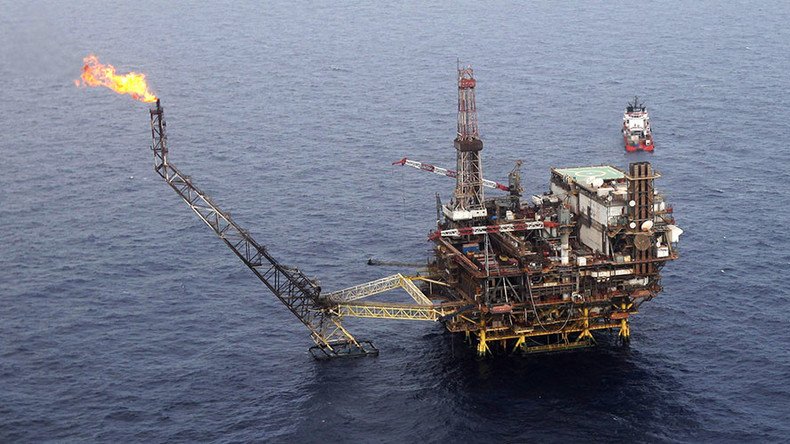North Sea Oil forecast to lose £1bn each year – report

The North Sea Oil industry is losing so much money, that within five years it will actually cost the British taxpayer money, according to the Office for Budget Responsibility (OBR).
The annual loss is predicted to be more than £1 billion ($1.45bn) a year until 2021, leading to a bill of around £5.8 billion ($8.4 bn).
Scottish National Party leaders had promised a second oil boom if Scotland had voted for independence, suggesting the industry would generate over £7 billion in 2017.
@afneil I wonder if A Salmond will call that "stuff and nonsense" -- as he did recent OBR downgrade of oil revenues
— Andrew Neil (@afneil) March 16, 2016
Oil prices were $115 per barrel in 2014, they are now just under $40. The industry is shedding around 200 jobs per day. It has already had to cut more than 65,000 jobs since prices began to fall in mid-2014.
#Oil price plunge 'will lead to £1bn burden on taxpayers' https://t.co/14ZFsRwErypic.twitter.com/zGretgNVl5
— Carbon Tracker (@CarbonBubble) March 17, 2016
During his budget speech Chancellor George Osborne announced a support plan for the struggling industry.
“In my budget a year ago, I made major reductions in taxes, but the oil price has continued to fall so we need to act now for the long term,” said Osborne.
Tax on oil and gas profits will now drop from 20 percent to 10 percent, and a 30 percent petroleum revenue tax will be abolished altogether.
In Wednesday’s budget, Osborne said Scotland would be in a “financial crisis” had it won independence.
Tax cuts were welcomed by oil bosses, but infuriated climate change campaigners.
Oil & Gas UK believes #Budget2016 measures complement industry’s own efforts to improve competitiveness https://t.co/RVtpjbJLSo
— Oil & Gas UK (@oilandgasuk) March 16, 2016
Greenpeace says the government should be supporting sustainable energy sources.
“Rather than hoping to extract more North Sea oil and gas, the government should be looking at a transition plan for the communities impacted by a declining industry including expanding offshore wind,” said Doug Parr, the organization’s policy director.












